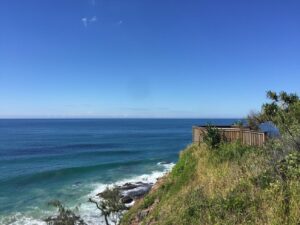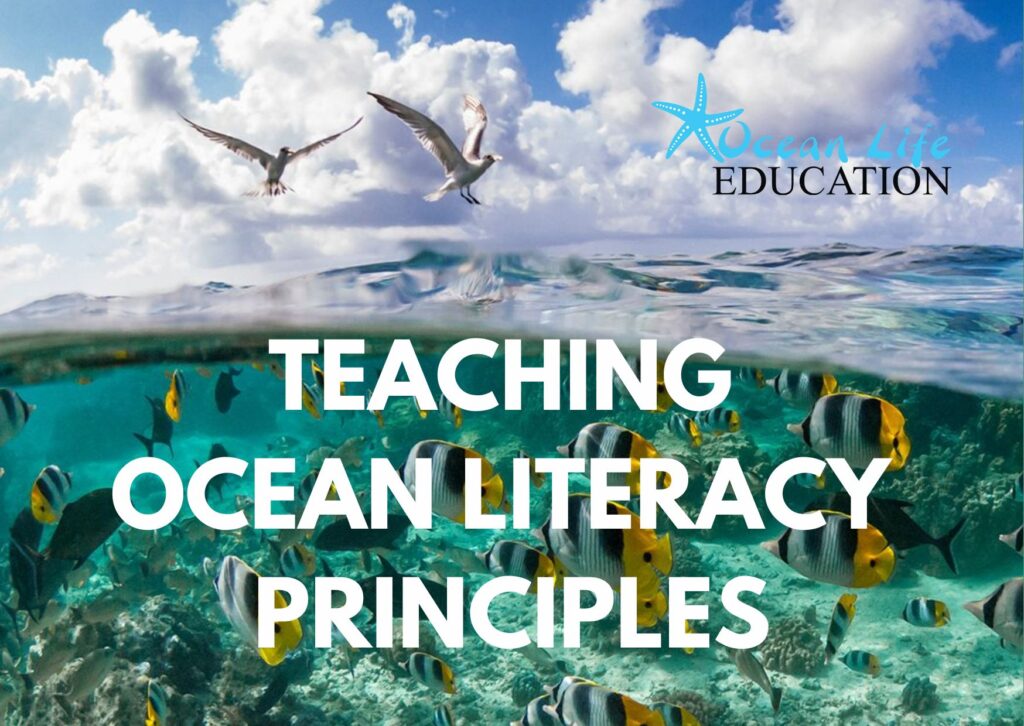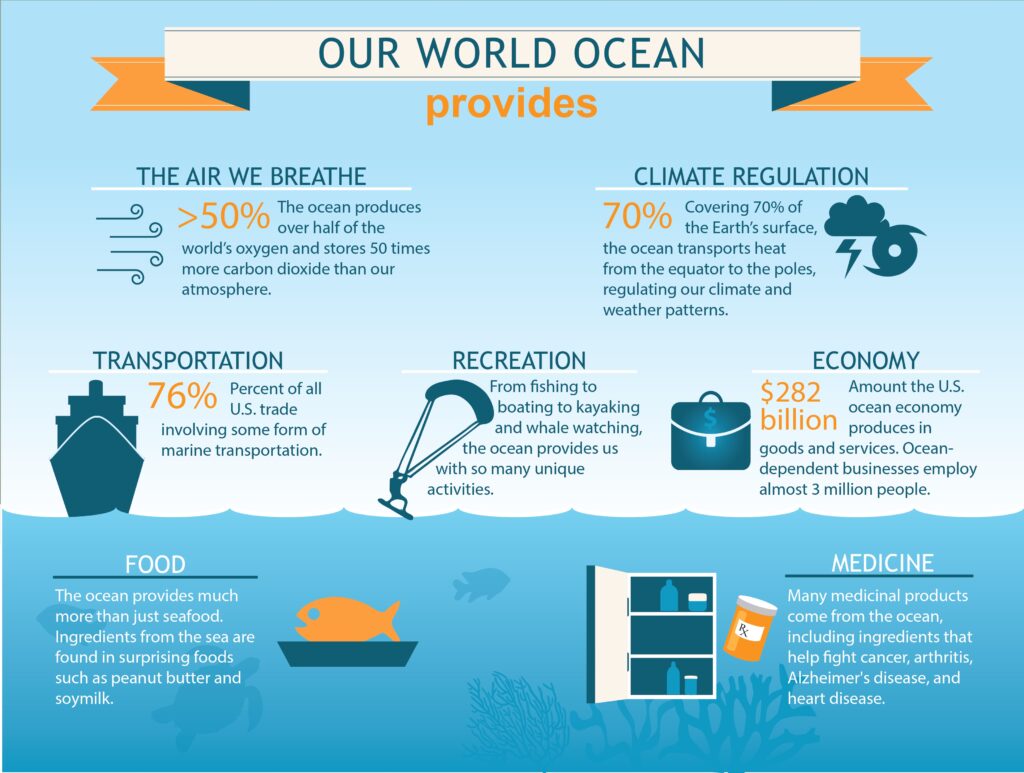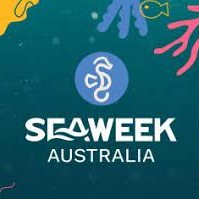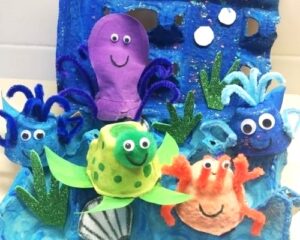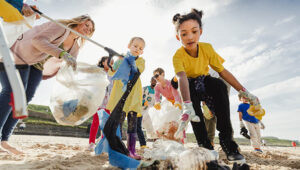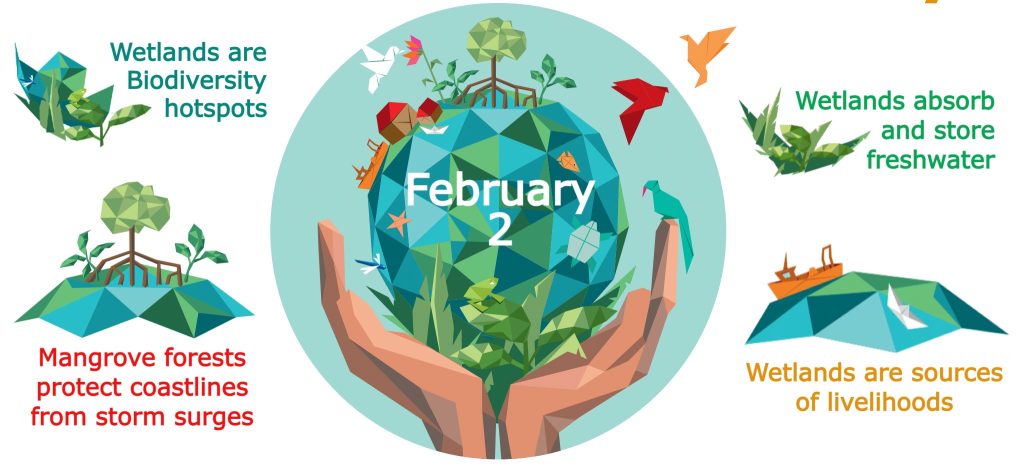
copyright: Australian Environmental Education
World Wetlands Day is observed annually on February 2nd. It marks the date of the adoption of the Ramsar Convention on Wetlands in 1971, an international treaty aimed at conserving and sustainably managing wetlands around the world. The day provides an opportunity to raise awareness about the importance of wetlands for biodiversity, water resources, and the well-being of both people and the planet. It also serves as a platform to advocate for the protection and restoration of wetland ecosystems, which face numerous threats such as habitat loss, pollution, and climate change. Let’s delve into the significance of wetlands, their vital role in the environment, and why they deserve our utmost appreciation as we offer you a host of reasons for Celebrating World Wetlands Day in Australia.
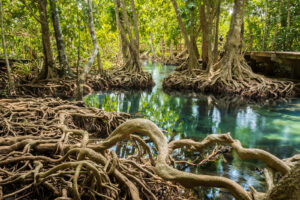 Exploring the Richness of Wetlands
Exploring the Richness of Wetlands
Wetlands encompass a diverse array of habitats, from marshes and swamps to mangroves and peatlands. Despite covering only a small percentage of the Earth’s surface, they are among the most productive ecosystems on the earth, supporting an astonishing variety of plant and animal life. Whether it’s the lush vegetation of a freshwater marsh or the unique biodiversity of a coastal mangrove forest, wetlands are hubs of life and vitality.
The Importance of Wetlands
Beyond their ecological richness, wetlands provide numerous ecosystem services essential for human well-being. They act as natural water filters, purifying and replenishing groundwater. Wetlands also serve as buffers against floods and storms, mitigating the impacts of extreme weather events. Furthermore, they are crucial for combatting climate change by storing vast amounts of carbon in their soils.
Did you know?
- Coastal wetlands rank among Earth’s most biologically diverse habitats.
- Coral reefs and mangrove forests serve as natural barriers, shielding coastlines from the destructive impacts of storm surges.
- Wetlands are disappearing at an alarming rate, with a staggering 35% lost since the 1970s, outpacing the rate of forest loss by threefold.
- The factors contributing to wetland loss encompass drainage and infilling for agricultural and construction purposes, pollution, overexploitation of resources such as overfishing, invasion by non-native species, and the overarching influence of climate change.
Challenges and Conservation Efforts 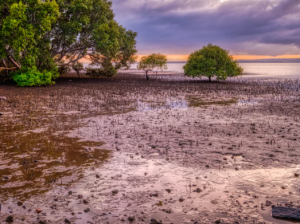
Despite their immense value, wetlands face an array of threats, including habitat destruction, pollution, and climate change. Human activities such as urbanization, agriculture, and infrastructure development have led to the degradation and loss of these vital ecosystems.
However, there is hope. Conservation efforts worldwide are striving to protect and restore wetlands, recognizing their importance for both nature and society. Through initiatives such as wetland conservation areas, sustainable land management practices, and international agreements like the Ramsar Convention, we can work together to safeguard these precious environments for future generations.
Celebrating World Wetlands Day in Australia
On World Wetlands Day, we celebrate the beauty and importance of these remarkable ecosystems. Whether it’s exploring a local wetland, participating in a conservation project, or simply spreading awareness about their significance, there are countless ways to get involved. By taking action to protect and preserve wetlands, we can ensure that they continue to thrive and fulfill their vital role in sustaining life on Earth.
Conclusion
As we celebrate World Wetlands Day, let’s remember that these ecosystems are not just areas of water and vegetation; they are lifelines for our planet. By recognizing their value, supporting conservation efforts, and fostering a deeper connection with nature, we can ensure that wetlands remain vibrant and resilient for generations to come. So let’s come together to honor and protect these invaluable treasures of our natural world. Happy World Wetlands Day!



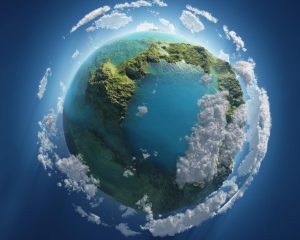

 World Whale Day: 18 February 2024
World Whale Day: 18 February 2024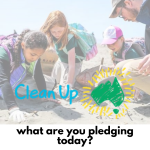 Clean Up Australia Day 2024, 3 March
Clean Up Australia Day 2024, 3 March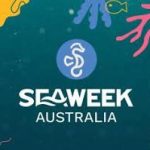
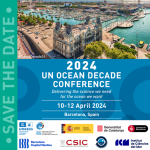
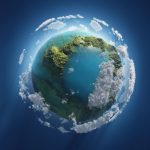
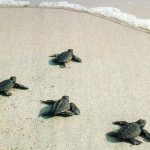 World Sea Turtle Day: 16 June 2024
World Sea Turtle Day: 16 June 2024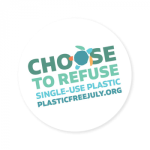 Plastic Free July
Plastic Free July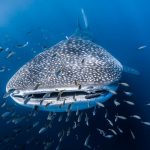 Shark Awareness Day: 14 July 2024
Shark Awareness Day: 14 July 2024